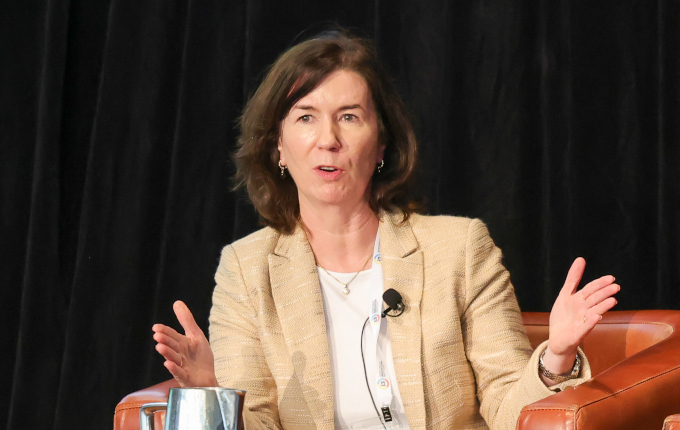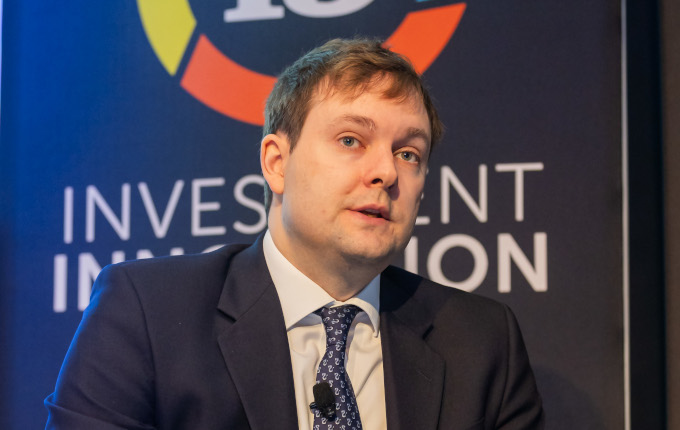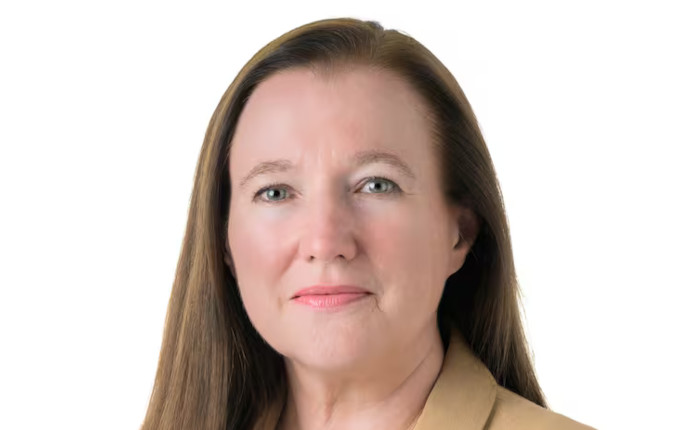Lake Naivasha is a freshwater lake in Kenya, known for its fishing grounds and residential hippos. For decades, people and hippos lived there side by side in relative peace, sticking to their own territories.
But COVID-19 and climate change have upset this delicate balance.
In 2019, the lake received three times its usual rainfall, an event that is likely to occur more regularly as the earth heats up. And since Lake Naivasha has no outlet, it has grown to its largest size in nearly a century, flooding hippos territory and forcing these animals into the same shallow waters as fishermen.
At the same time, the number of fishermen at the lake has grown exponentially as the coronavirus pandemic reduced the demand for cut flowers, historically Kenya’s second largest export commodity after tea, resulting in thousands of people becoming unemployed and turning to fishing.
With the shoreline of the lake lapping at the door of huts and cabins, violent encounters between hippos and fishermen have increased, resulting in as much as 14 deaths in 2020 alone.
A hippo’s girth might obscure the fact that these river horses, as the ancient Greek called them, can run up more than 30 kilometers an hour. And their bite is often deadly due to their saber-long teeth.
The increase in hippo attacks at Lake Naivasha is just one illustration of how the world has grown more volatile under the pandemic and the increasing influence of climate change, but equities investors are faced with a myriad of challenges, including:
- heightened geopolitical tensions in Europe and Asia
- structural challenges of a consolidating and maturing superannuation industry
- increased regulation
- inflationary pressures
- true or perceived style rotation in equity markets
In the 8th annual [i3] Equities Forum, we will discuss how these broader challenges impact the equity portfolios of institutional investors.
Enquire about this event


![[i3] Equities Forum 2023 | Investment Innovation Institute](https://i3-invest.com/wp-content/uploads/2022/11/i3-Equities-Forum-2023_SlideShow_Standard_noMashead2-543x430.jpg)


